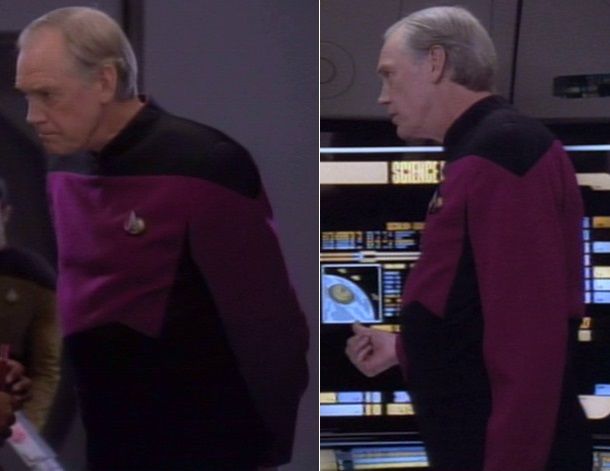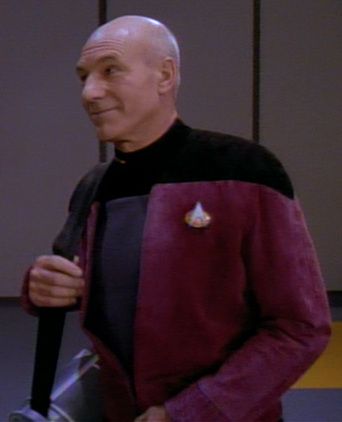And perhaps the kind of drama that challenges that assumption is the stuff people still talk about 2 decades later. The whole point of the episode, that so many seem to overlook, is actually quite brilliant for Star Trek, because it asserts, uncharacteristically, that WE, the viewers, are biased. We are indoctrinated to believe the main cast are by default always in the right, if someone else isn't completely in their corner, when we know that hasn't always been the case, & all evidence in this episode seems to indicate otherwise.
The brilliance of this episode is that we are as biased about this change as THEY are, & they use that. Jellico was right, completed his mission successfully, circumnavigated what was going to be an unavoidable objection to the change of command, skillfully quelled a political crisis, put down a militaristic challenge, AND saved Picard's life. He's everything we expect from all our heroes, & nothing of what we expect from our weekly antagonists. He did all this, with a crew that didn't want him, before they even knew who he was or what he was doing. Riker lodged his 1st objection before Nechayev's briefing was over, hours before they'd even met the man. Under those circumstances, it would not matter what man they then met. He was not the Picard they expect.
The reason I argue this episode so much, is that I feel like the people who blast Jellico are caught up by the trap the writers deliberately laid for them, & I want them to value the episode for what the objective eye can see it to be, because it is a true benchmark moment for Star Trek, and I think it's something all of us Star Trek fans can take something from, if we view it in the right light.






